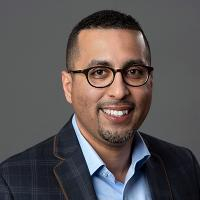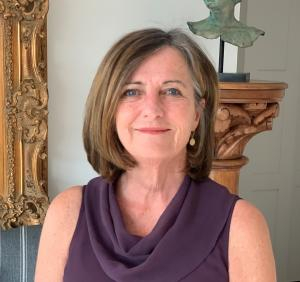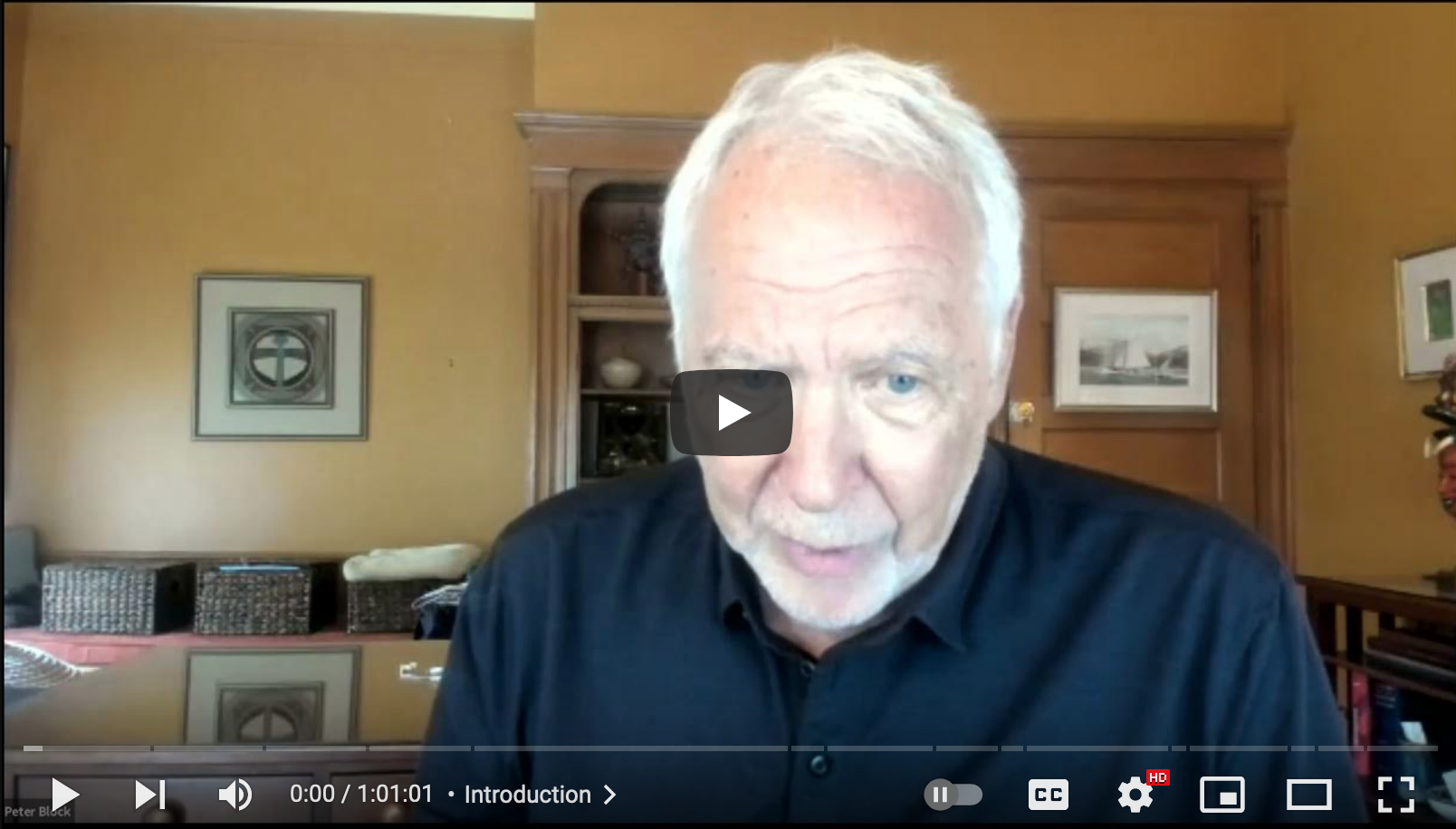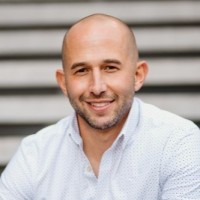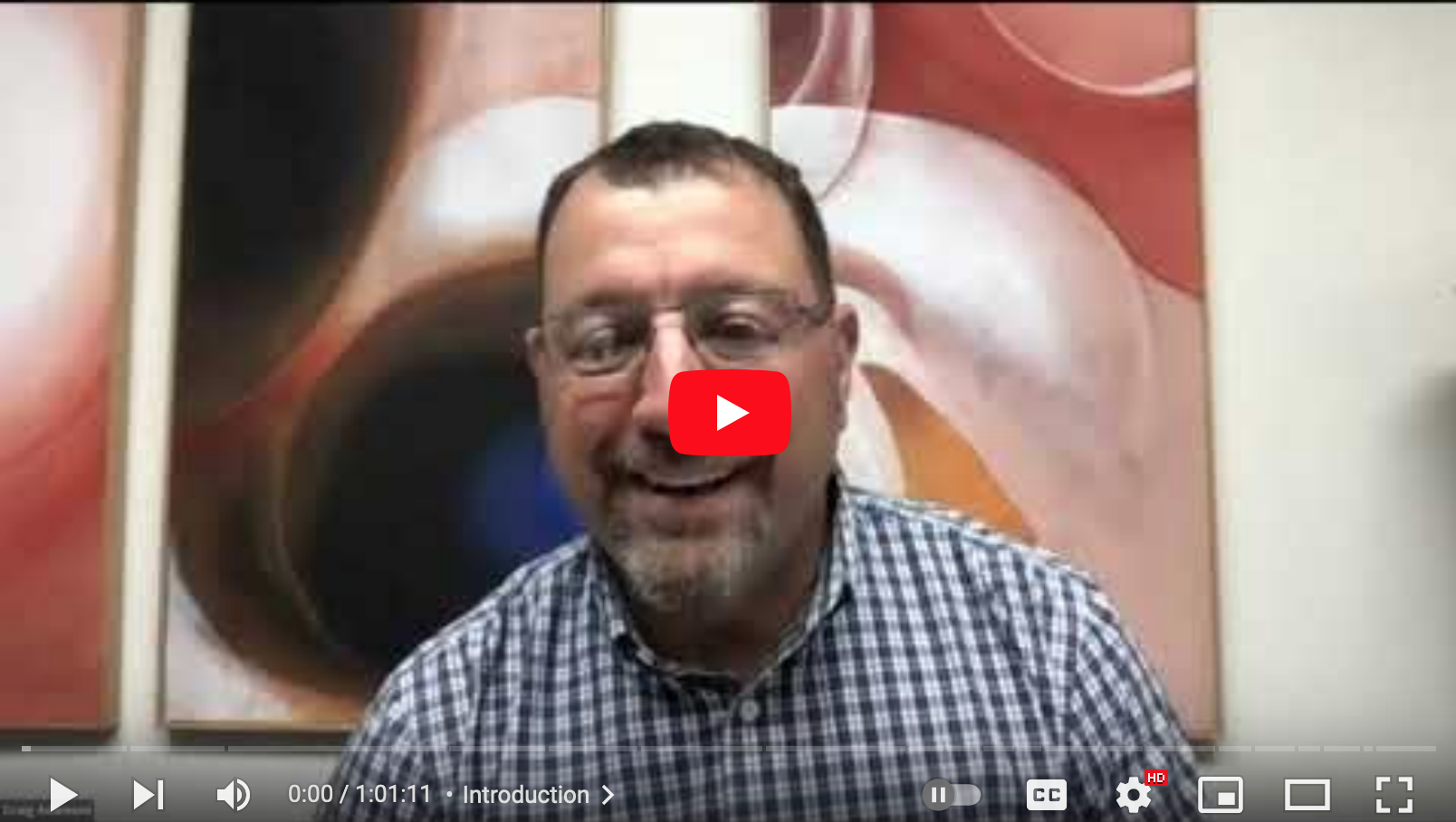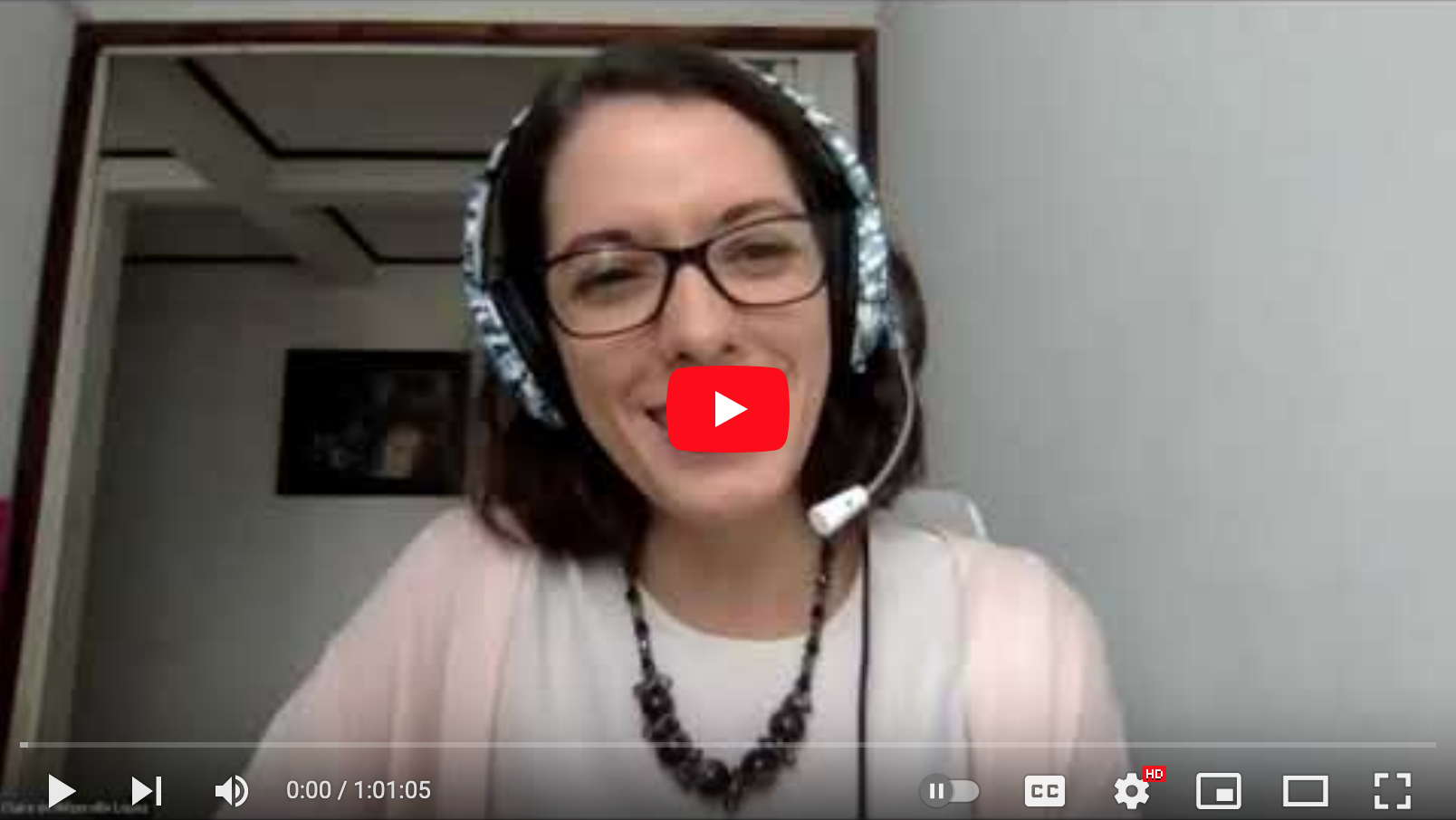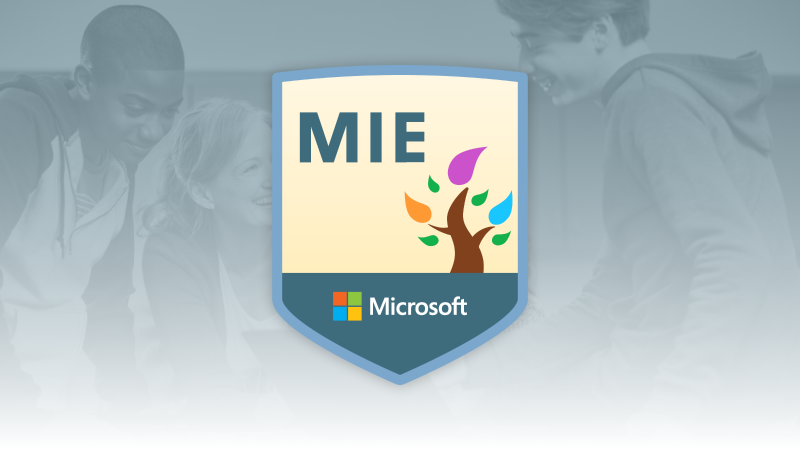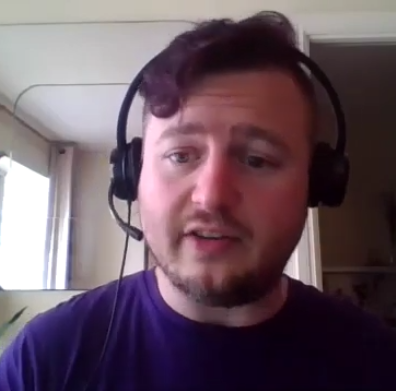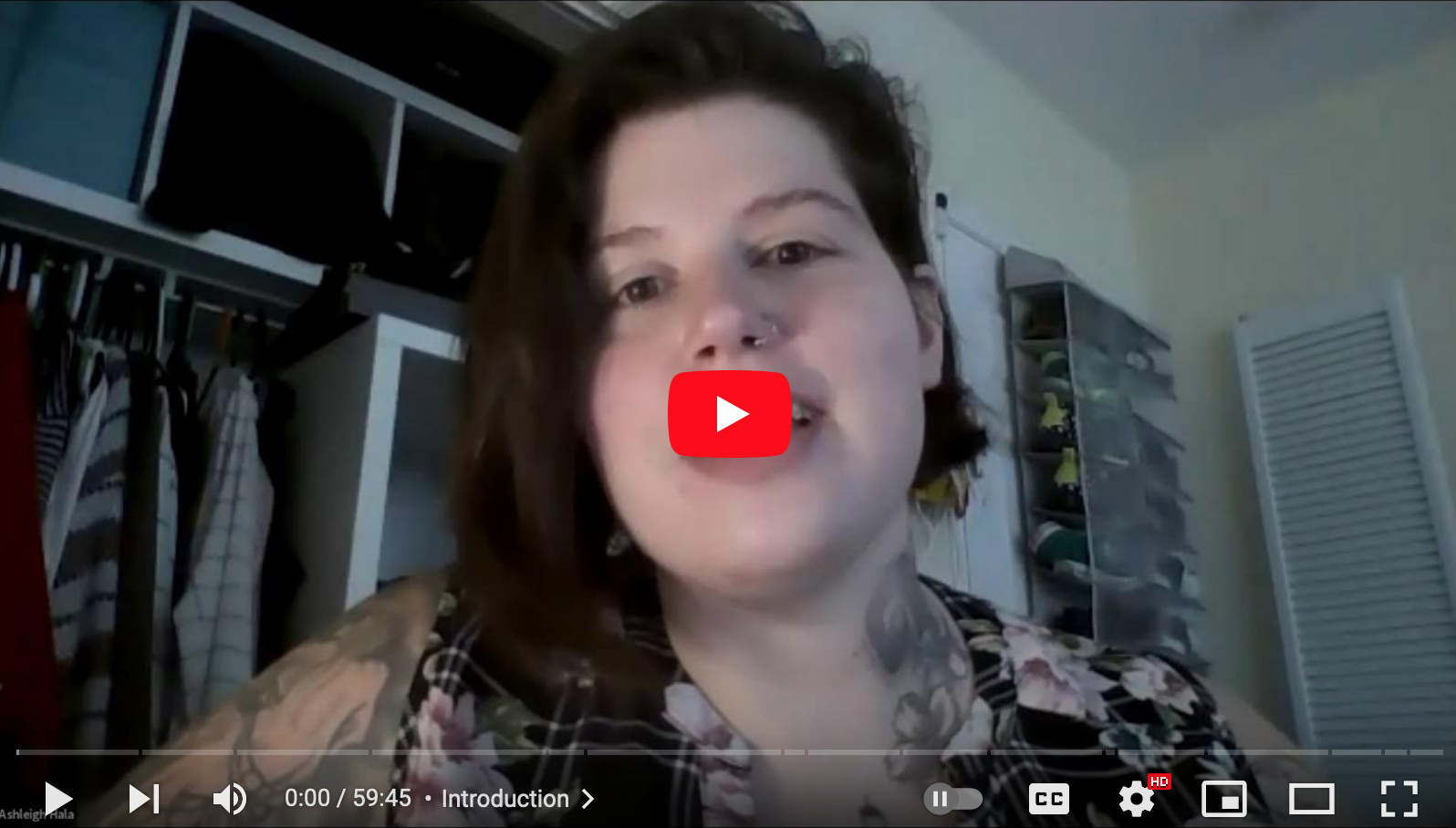News & Announcements
- Details
- Written by IIRP Staff
The Three Questions video series features new and innovative thinkers from the field of restorative practices and beyond. In each episode, a special guest is asked three engaging questions by John W. Bailie, Ph.D., IIRP President, that center around themes of leadership and organizational culture.
Episode 2 of the Three Questions video series features Steven Lozada, MBA, PCC, PMP. Steven is the President and Chief Coach at Upward Mindset, a consulting firm that specializes in emotional intelligence, motivation, and how values shape leadership and organizational culture. He is also a leadership coach for Flawless Consulting.
- Details
- Written by IIRP Canada
This video features a conversation with Pat Lewis, the new director of IIRP Canada. Listen to Pat as she reflects on the past year, the most important elements of restorative practices, and her vision for the future of IIRP Canada within the field of restorative practices.
- Details
- Written by Kristin Oakley
Groups of people — whether in a community, workplace, school or other organization — are most capable of sustaining change when they feel engaged and can develop a sense of belonging.
- Details
- Written by Joshua Wachtel
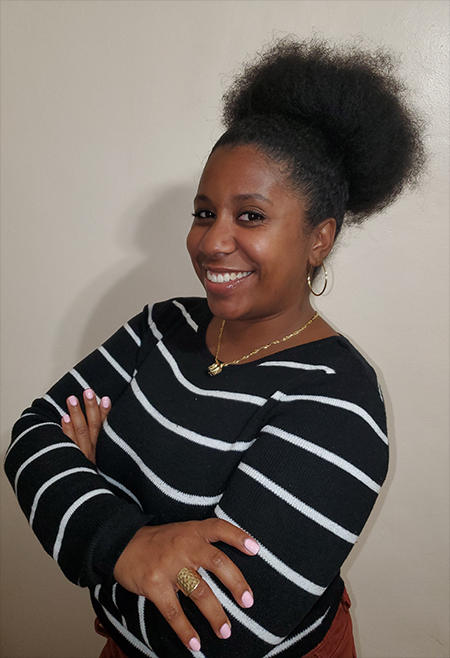 Kailani Capote, the IIRP Graduate School’s 2021 Impact Scholarship recipient, had been working to build her capacity for restorative action for several years. But when the pandemic hit, she found her work immediately relevant to address calls for support and dialogue in New York City.
Kailani Capote, the IIRP Graduate School’s 2021 Impact Scholarship recipient, had been working to build her capacity for restorative action for several years. But when the pandemic hit, she found her work immediately relevant to address calls for support and dialogue in New York City.
“I started off by offering community building circles for whoever wanted to talk about the pandemic. People were asking, ‘Where do we go from here?’” explains Kailani.
After George Floyd’s murder and the historic protests it inspired, various communities in upper Manhattan reached out to the New York Peace Institute, where Kailani has worked for four years. She ended up facilitating numerous conversations about racism and the harms it causes.
- Details
- Written by IIRP Staff
The Three Questions video series will feature new and innovative thinkers from the field of restorative practices and beyond. In each episode, a special guest will be asked three questions by John W. Bailie, Ph.D., IIRP President, that center around themes of leadership and organizational culture.
In Episode 1, you will hear from Zach Mercurio, Ph.D., author of “The Invisible Leader” and a researcher and consultant for Purposeful Leadership.
- Details
- Written by Kristin Oakley
Intentional Classroom Engagement is an essential workbook to help you hone your skills and competencies for building better relationships with your students, their families and your colleagues.
- Details
- Written by Kristin Oakley
The Covid-19 pandemic has turned everyone's life upside down. Schools especially have struggled to serve students and families through an ever-changing environment. In this 60-minute webinar, three educators share the lessons they've learned about how to build and maintain positive relationships during these challenging times, and take your questions. Please join us!
- Details
- Written by IIRP Staff
The IIRP Graduate School recently partnered with Microsoft Educator Center to create a free professional development resource for educators seeking to do effective anti-racism work in the classroom.
A series of courses for individualized, self-directed learning, the modules can also be worked through by an independent team of educators within a professional learning community.
The Anti-racism journey for educators with students includes a kit of resources grounded in social and emotional learning (SEL) and curated by experts in the fields of equity and inclusion, restorative practices and education technology.
- Details
- Written by Craig W. Adamson, Ph.D.
I had the recent pleasure of meeting with Ian Marder, Ph.D., Lecturer in Criminology at Maynooth University’s Department of Law, Republic of Ireland, to discuss his recent publication. The article, "The new international restorative justice framework: Reviewing three years of progress and efforts to promote access to services and cultural change," was published in The International Journal of Restorative Justice in 2020.
- Details
- Written by Kristin Oakley
Higher education is changing in ways the COVID-19 crisis has exposed and accelerated.
Higher education institutions are faced with financial demands, the need to adapt to online learning, social and political unrest in the culture and on campus. Only by harnessing the power of relationships can these institutions successfully navigate their educational, business and community needs.

Restorative Works Year in Review 2024 (PDF)
All our donors are acknowledged annually in Restorative Works.

